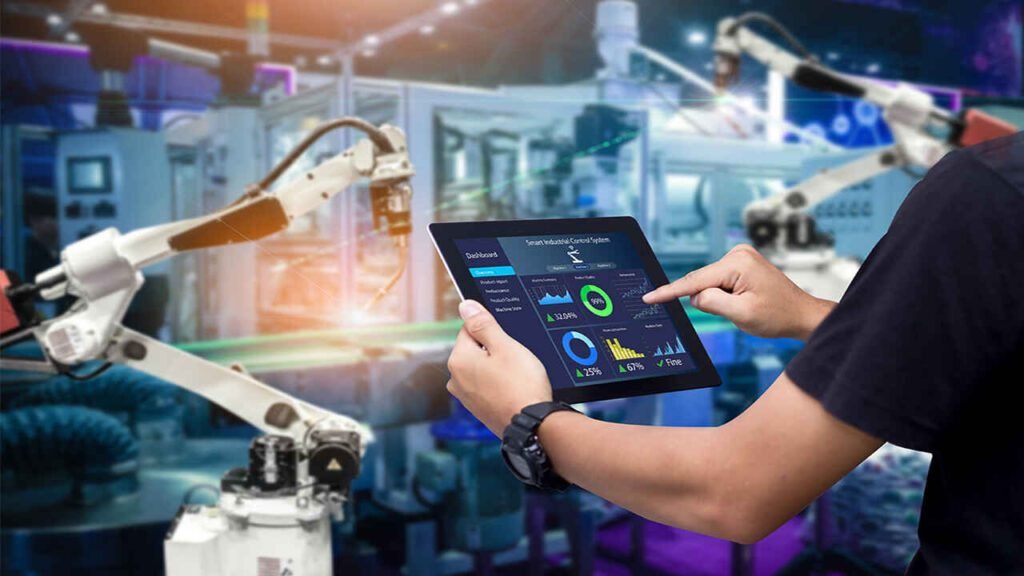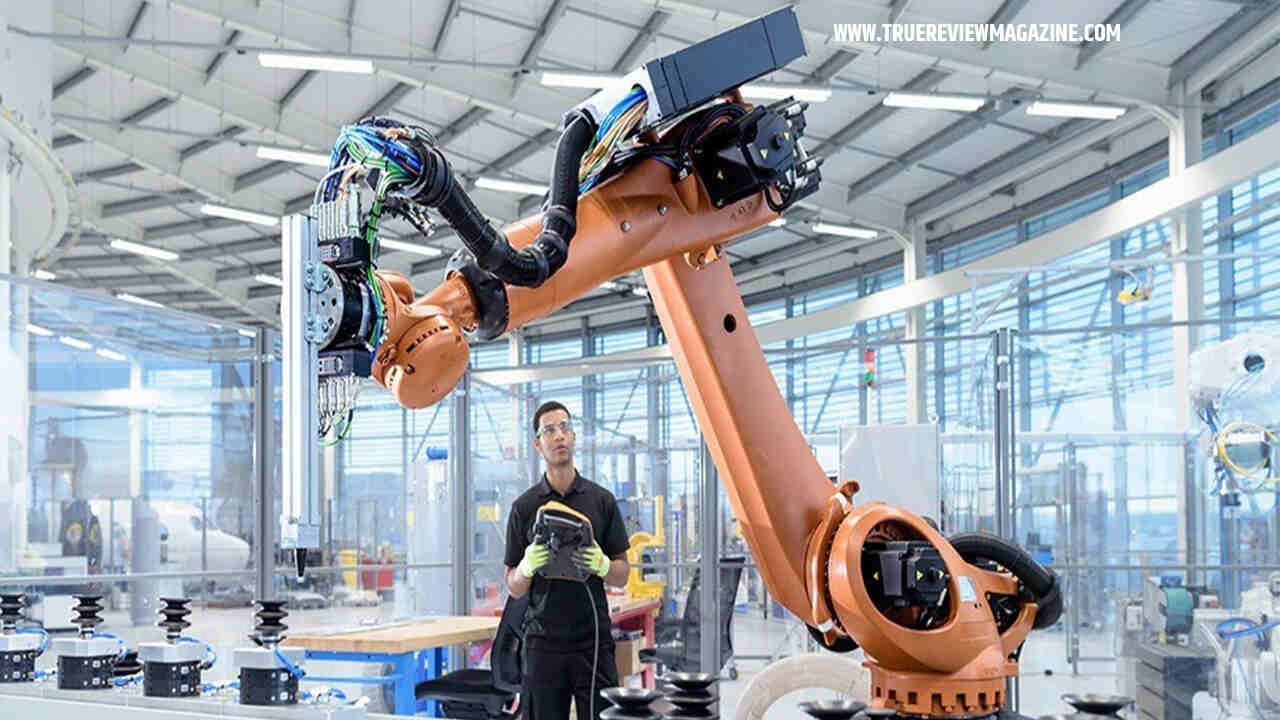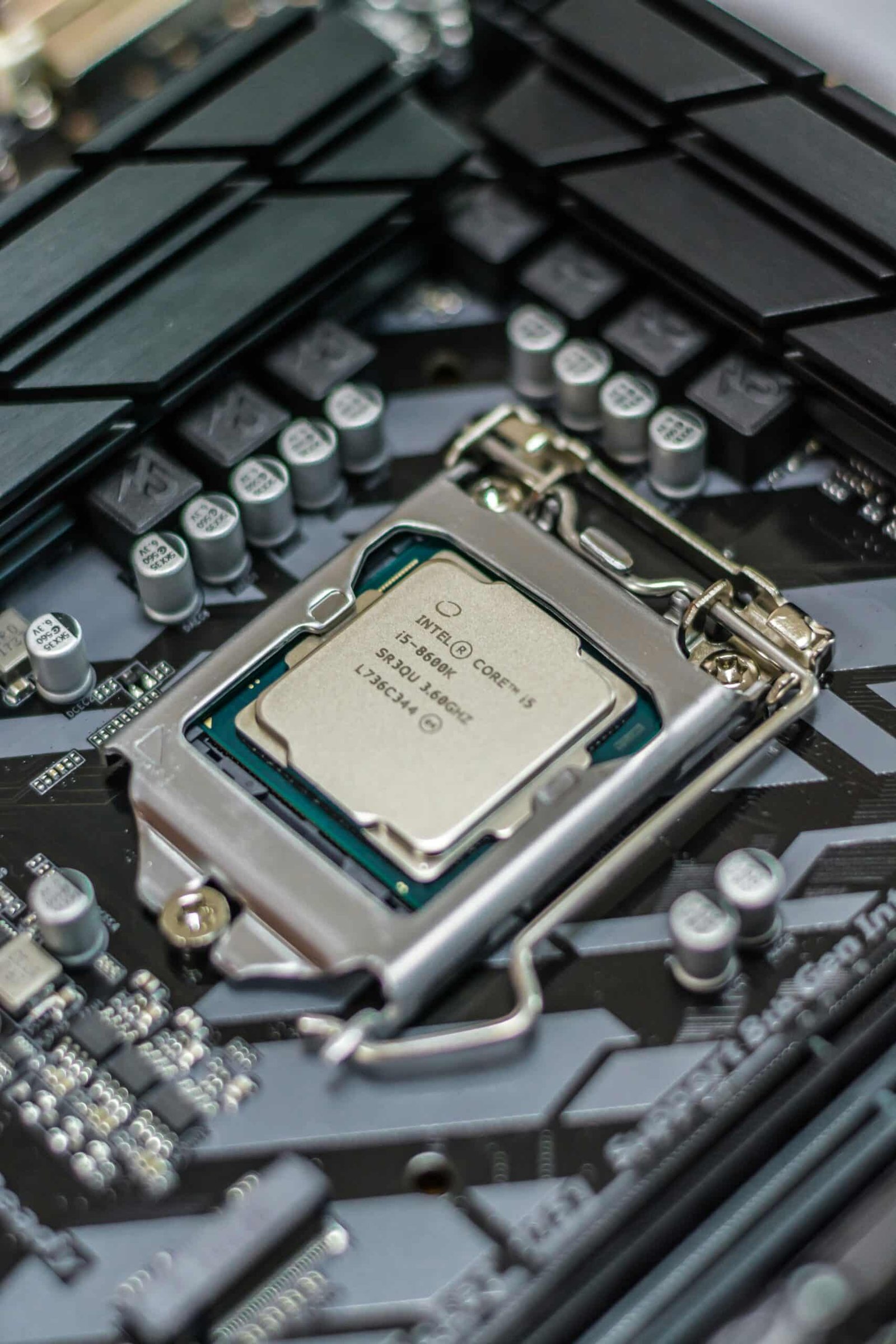Introduction:
Smart manufacturing, driven by advanced technologies and automation, is reshaping the manufacturing landscape. It integrates cutting-edge innovations such as the Internet of Things (IoT), artificial intelligence (AI), and data analytics to optimize production processes, enhance efficiency, and drive sustainable growth. In this blog post, we will explore the concept of smart manufacturing and its significant impact on the industry. Let’s delve into the key aspects of smart manufacturing and how it is revolutionizing the future of production.
we will delve into the fascinating world of smart manufacturing. We will explore the role of IoT in creating interconnected production systems, the transformative potential of AI and data analytics in driving smart decision-making, and the impact of automation on efficiency and quality. Additionally, we will examine the benefits of adopting smart manufacturing practices, ranging from improved productivity and cost savings to enhanced quality control and sustainable operations.
Industry 4.0: Transforming Manufacturing Processes

Industry 4.0 represents the fourth industrial revolution, where traditional manufacturing processes are digitized and interconnected. Smart manufacturing is a core element of Industry 4.0, leveraging technologies like IoT, AI, and automation to create intelligent and efficient production systems. By connecting machines, devices, and sensors, manufacturers gain real-time visibility into operations, enabling predictive maintenance, remote monitoring, and efficient resource allocation.
The Role of IoT in Smart Manufacturing
The Internet of Things (IoT) plays a crucial role in smart manufacturing. Connected devices embedded with sensors collect and transmit real-time data, enabling manufacturers to monitor and control various aspects of production remotely. IoT facilitates seamless communication between machines, enabling predictive maintenance, improved quality control, and optimized supply chain management. By harnessing IoT technologies, manufacturers can achieve higher productivity, reduce downtime, and enhance overall operational efficiency.
AI and Data Analytics: Empowering Smart Decision-Making

Artificial intelligence (AI) and data analytics are key components of smart manufacturing. AI algorithms can analyze vast amounts of data collected from IoT devices, identifying patterns, trends, and anomalies in real time. This enables manufacturers to make data-driven decisions, optimize production processes, and proactively address issues. Predictive analytics helps anticipate maintenance needs, minimize downtime, and optimize resource allocation, leading to increased productivity and cost savings.
Automation: Improving Efficiency and Quality
Automation is a critical enabler of smart manufacturing. By automating repetitive and labor-intensive tasks, manufacturers can improve efficiency, reduce errors, and enhance overall product quality. Robotic systems, collaborative robots (cobots), and autonomous vehicles streamline assembly lines, logistics, and material handling. Automation also frees up human workers to focus on more complex tasks, driving innovation and creativity within the manufacturing environment.
Benefits of Smart Manufacturing

Implementing smart manufacturing practices brings numerous benefits to manufacturers:
Improved productivity:
Real-time data, predictive maintenance, and optimized workflows increase production efficiency.
Enhanced quality control:
Continuous monitoring and data analytics enable early detection of quality issues, ensuring higher product standards.
Cost savings:
Automation reduces labor costs, minimizes errors, and optimizes resource utilization.
Greater flexibility:
Smart manufacturing enables rapid adjustments to changing market demands and customization requirements.
Sustainable practices:
Optimized resource utilization and reduced waste contribute to a greener manufacturing ecosystem.
Finally
Smart manufacturing represents the future of production, driving efficiency, quality, and sustainability in the manufacturing industry. By leveraging IoT, AI, and automation, manufacturers can transform their operations, optimize workflows, and gain a competitive edge. Embracing smart manufacturing practices empowers companies to achieve higher productivity, improve product quality, and respond swiftly to market dynamics. As the manufacturing industry continues to evolve, adopting smart manufacturing is essential to thriving in a digital and interconnected world.
By embracing smart manufacturing practices, companies can achieve numerous benefits. Real-time data analytics and predictive maintenance ensure optimal performance, reduced downtime, and improved resource allocation. Automation streamlines processes enhances efficiency, and frees up human workers to focus on higher-value tasks. Quality control is enhanced through continuous monitoring and data analysis, leading to higher product standards and customer satisfaction.
click here: truereviewmagazine.com










